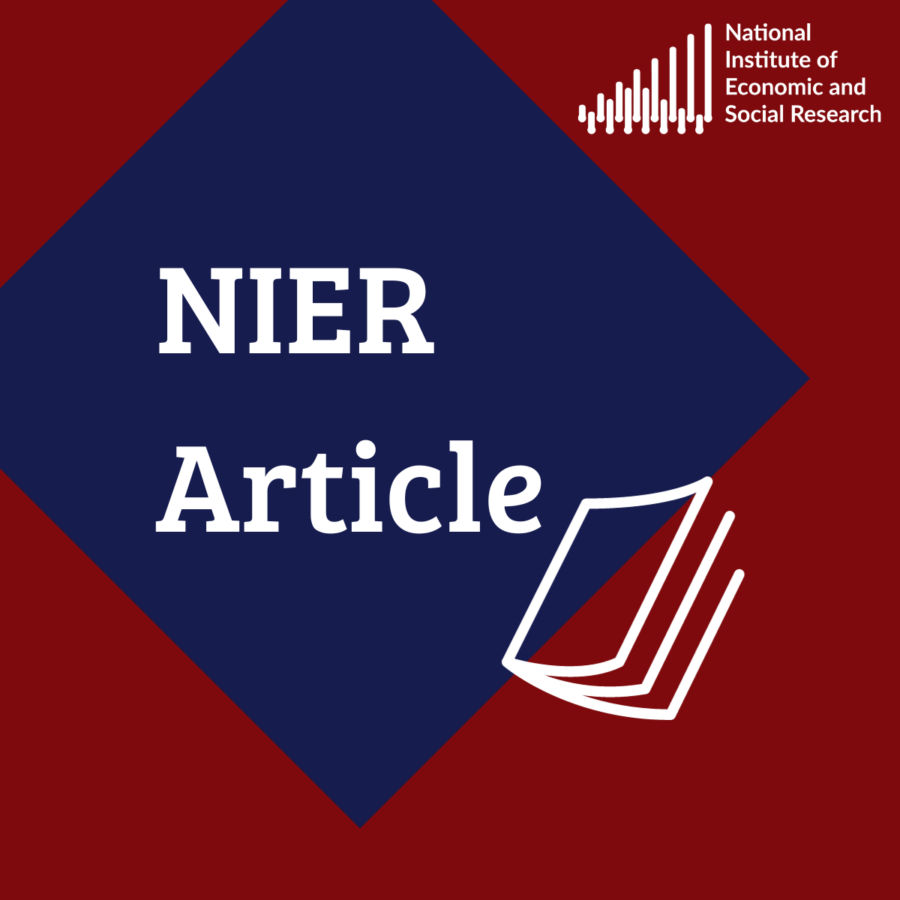
Authors
Related Themes
Labour, Employment and WagesJournal
National Institute Economic Review, No. 199
External Resources
The UK is regarded as having too low a level of savings, both to maintain the capital stock and to provide an adequate level of income in retirement without an increase in taxation. Pomerantz and Weale (2005) have a discussion of the savings shortfall that focuses on the maintenance of the wealthÐincome ratio, whilst Khoman and Weale (2006) and Turner (2006) investigate life cycle saving and the savings shortfall in relation to pensions. Economists are careful in the use of the term Ôtoo little' in relation to the outcomes of the decisions of optimising agents, and if we think there is a market failure, we have to describe that failure. Agents who are saving for retirement have to make decisions on the date at which they retire, the level of savings during their working lives and the level of consumption they will undertake when retired as well as whilst working. They may save too little because of misperceptions about their life expectancy or about the provision of publicly funded goods or money, such as health services and retirement pensions.
Related Blog Posts

Breaking Down the Different Types of Pension in the UK
Robyn Smith
Adrian Pabst
25 Mar 2024
6 min read

What Are the Implications of the Rising National Minimum Wage and National Living Wage Rates?
Ekaterina Aleynikova
Adrian Pabst
19 Mar 2024
5 min read


How Changes in Migration Policy Could Boost Scotland’s Economy
Max Mosley
Ekaterina Aleynikova
18 Dec 2023
3 min read
Related Projects
Related News


Press Release: Compositional effects push up average weekly earnings at the end of 2020
26 Jan 2021
2 min read
Press Release: 2020 shaping up to be the worst year for total pay growth since 2009
15 Dec 2020
2 min read
Related Publications

Pay-Setting Among Employers in the Agriculture, Cleaning, Hospitality and Retail Sectors
11 Mar 2024
Research Report

Job Boom or Job Bust? The Effect of the Pandemic on Actual and Measured Job and Employment Growth
07 Feb 2024
UK Economic Outlook Box Analysis

Adam Smith and the Bankers: Retrospect and Prospect
04 Jan 2024
National Institute Economic Review

On the Promises and Perils of Smithian Growth: From the Pin Factory to AI
04 Jan 2024
National Institute Economic Review
Related events

Improving the Recruitment of Older Workers








